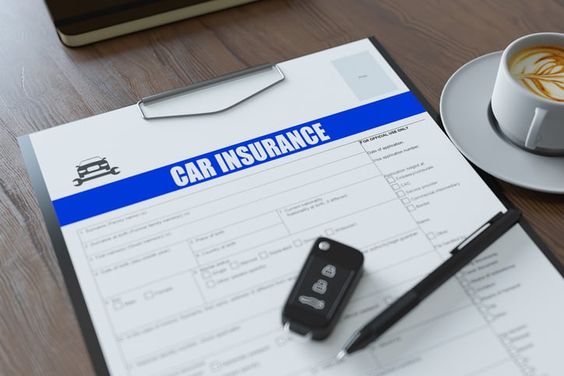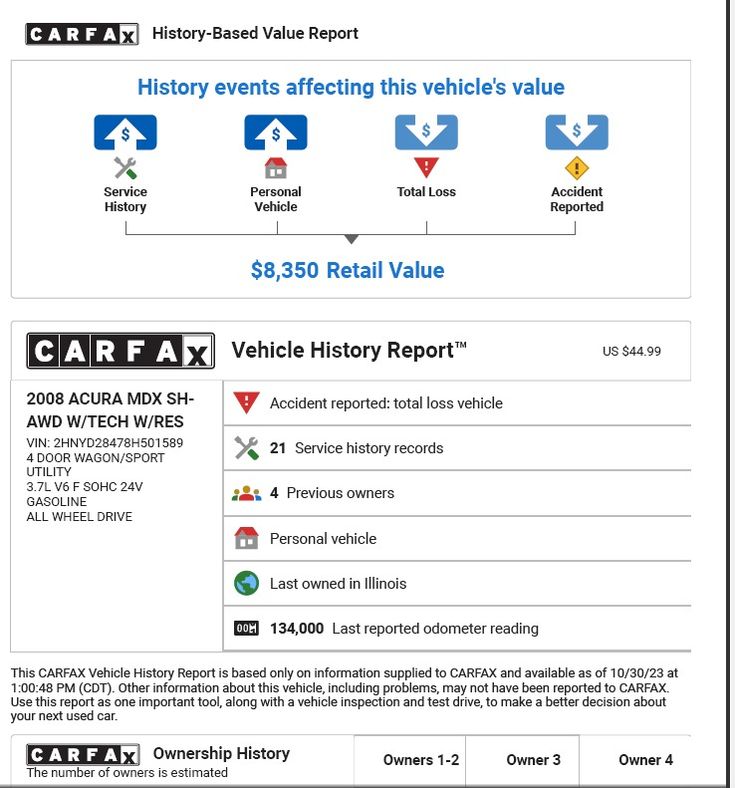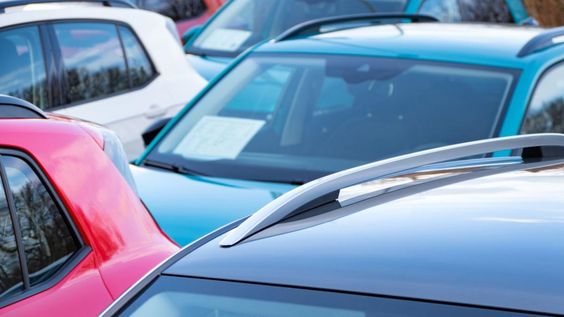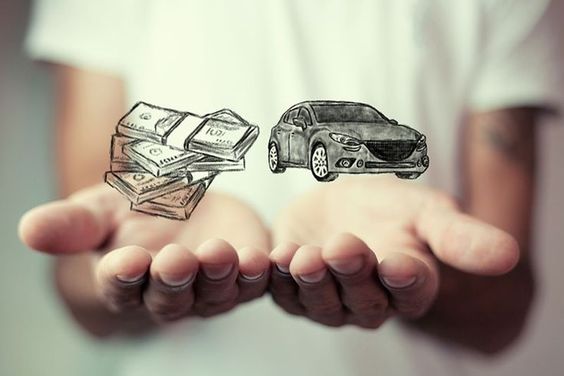Introduction:
The decision to lease or buy a car is a significant one, often influenced by factors like personal finances, driving habits, and lifestyle. Both options come with their own set of advantages and disadvantages, and the best choice for you depends on your individual circumstances. This article will delve into the key considerations for each option, helping you make an informed decision that aligns with your needs and goals.
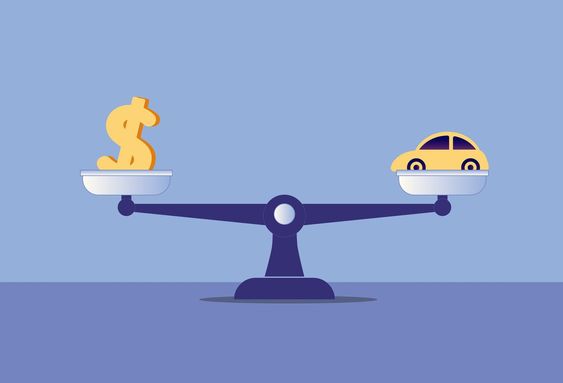
Leasing offers the flexibility of driving a new car every few years, while buying provides ownership and potential long-term financial benefits. Understanding the nuances of each option is crucial for making a choice that fits your financial situation and driving preferences.
Leasing: Flexibility and Lower Monthly Payments
Leasing a car allows you to drive a newer model with lower monthly payments compared to buying. You're essentially renting the vehicle for a predetermined period, typically 2-4 years, with a set mileage limit. At the end of the lease, you return the car and can choose to lease a new one or purchase the vehicle at its residual value.
Advantages of Leasing:
- Lower monthly payments: Leasing often has lower monthly payments than financing a car, as you're only paying for the depreciation during the lease term.
- New car every few years: Leasing allows you to drive a newer model with the latest features and technology without the hassle of selling your old car.
- Predictable costs: Lease payments are fixed for the duration of the lease, making it easier to budget.
- Lower maintenance costs: Many leases include maintenance coverage, reducing your out-of-pocket expenses.
Disadvantages of Leasing:
- No ownership: You don't own the car at the end of the lease, and you'll need to return it.
- Mileage limits: Exceeding the mileage limit can result in hefty penalties.
- Potential for wear and tear charges: You may be charged for excessive wear and tear on the vehicle at the end of the lease.
- Limited customization: You may have fewer options for customizing the car when leasing.
Buying: Ownership and Potential Long-Term Savings
Buying a car gives you ownership of the vehicle, allowing you to keep it for as long as you want and customize it to your liking. You'll be responsible for all maintenance and repairs, but you'll also have the potential to build equity and sell the car at a later date.
Advantages of Buying:
- Ownership: You own the car and can keep it for as long as you want.
- No mileage limits: You can drive as much as you want without penalties.
- Potential for appreciation: Some cars may appreciate in value over time, giving you a return on your investment.
- Customization options: You can customize the car to your liking.
Disadvantages of Buying:
- Higher monthly payments: Financing a car typically involves higher monthly payments than leasing.
- Depreciation: Cars depreciate in value over time, meaning you'll lose money when you sell it.
- Maintenance and repair costs: You're responsible for all maintenance and repairs, which can be expensive.
- Potential for resale value fluctuations: The resale value of your car can fluctuate depending on market conditions.
Factors to Consider When Making Your Decision:
- Your financial situation: Consider your budget, income, and debt-to-income ratio.
- Driving habits: If you drive a lot or plan to keep the car for a long time, buying may be a better option.
- Lifestyle: If you prefer to drive a new car every few years, leasing might be more appealing.
- Vehicle type: Some vehicles are better suited for leasing, while others are better suited for buying.
Conclusion:
The decision to lease or buy a car is a personal one that depends on your individual circumstances and priorities. By carefully considering the advantages and disadvantages of each option and weighing your financial situation, driving habits, and lifestyle, you can make an informed decision that aligns with your needs and goals. Remember to do your research, explore different options, and choose the path that best suits your financial and driving preferences.

